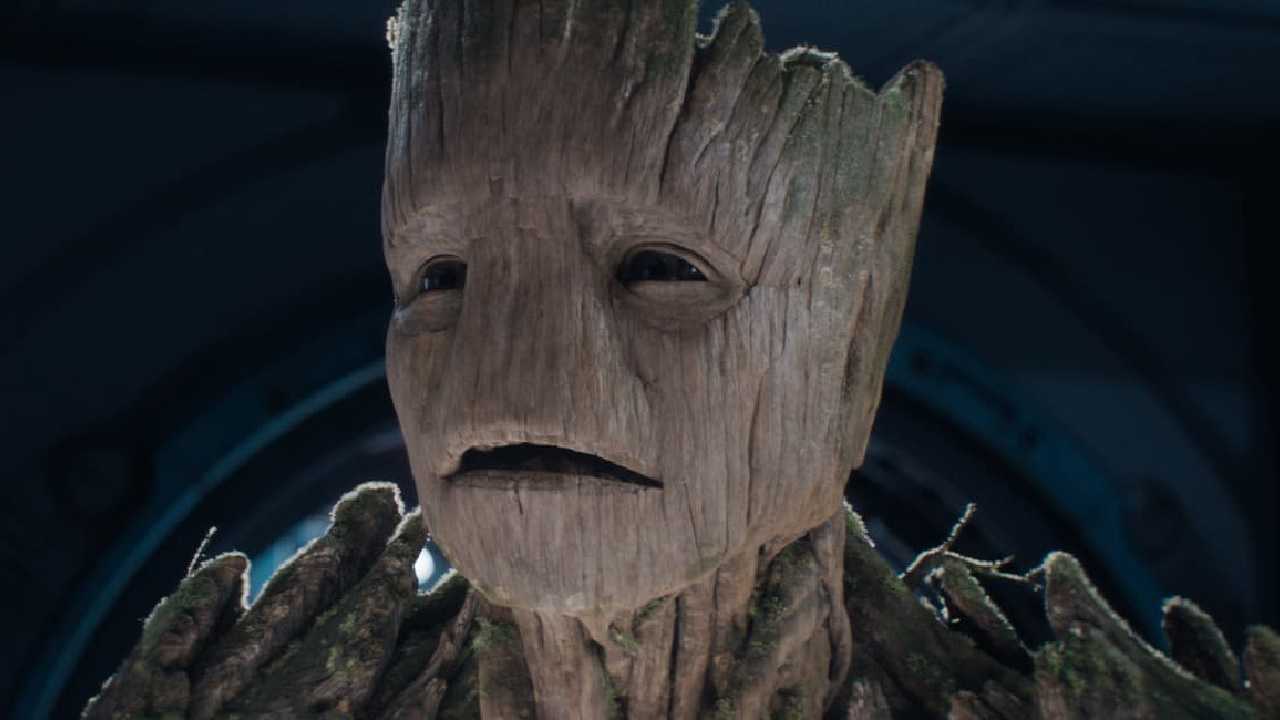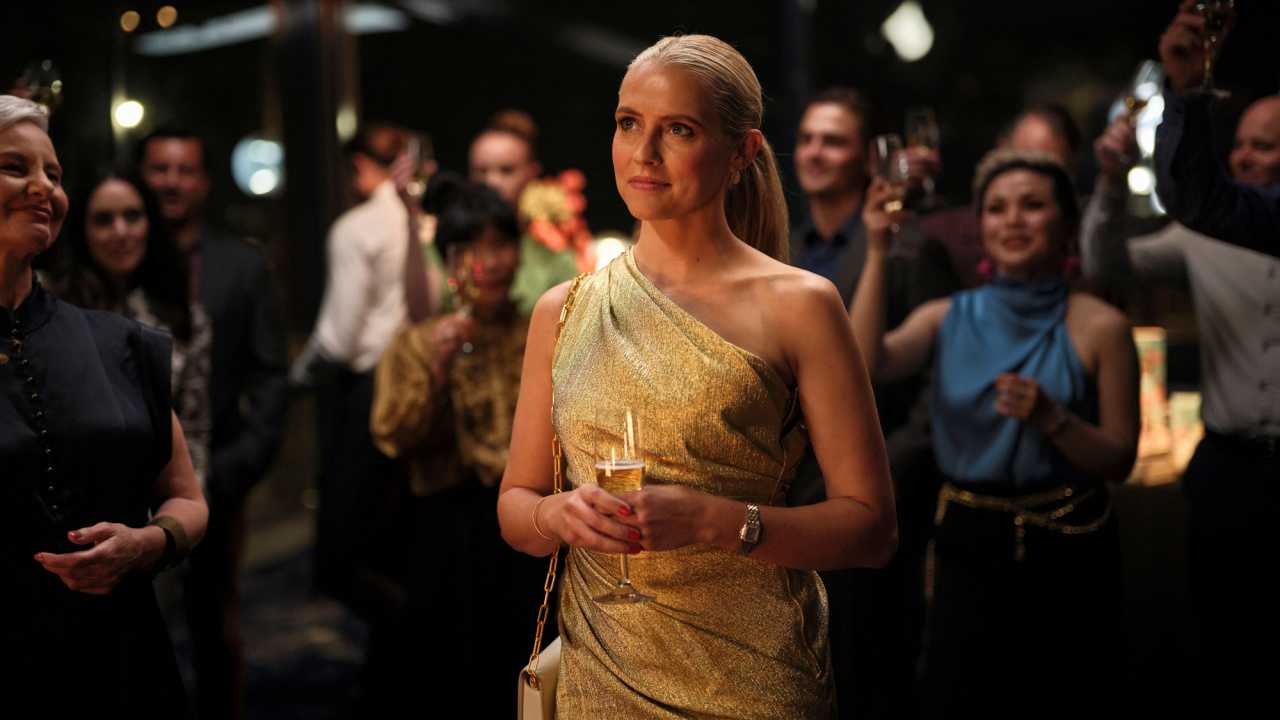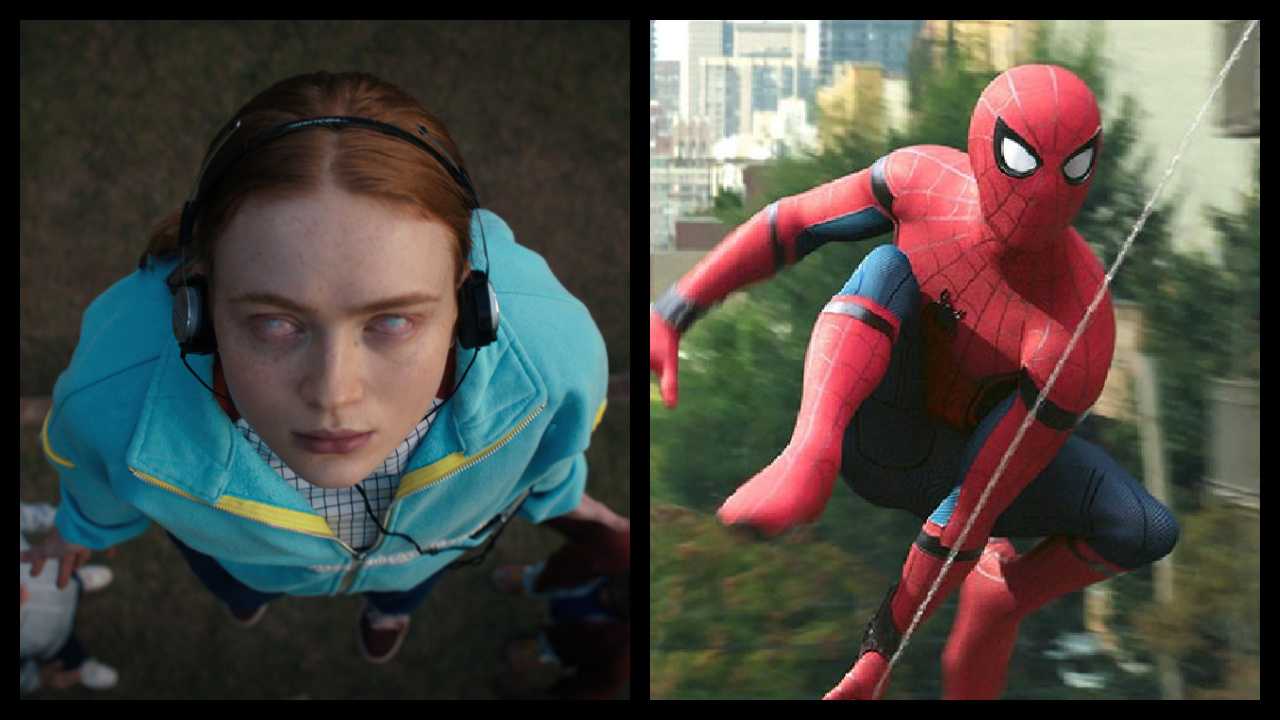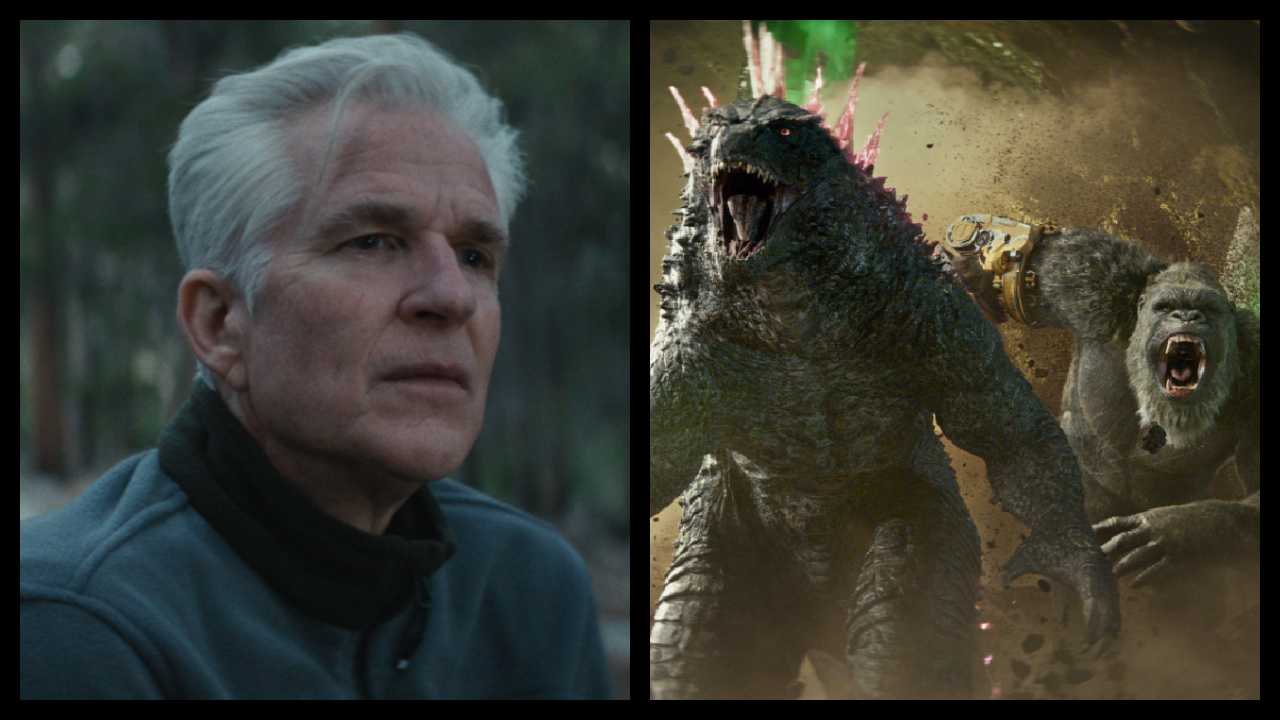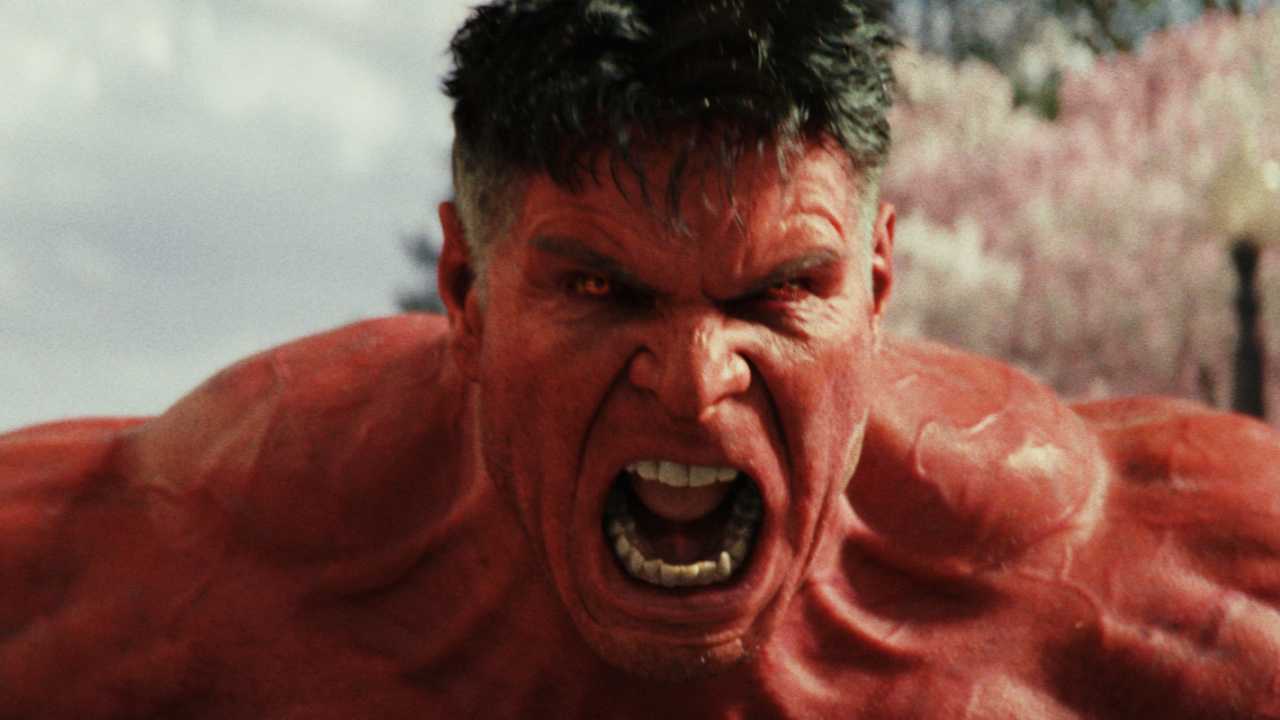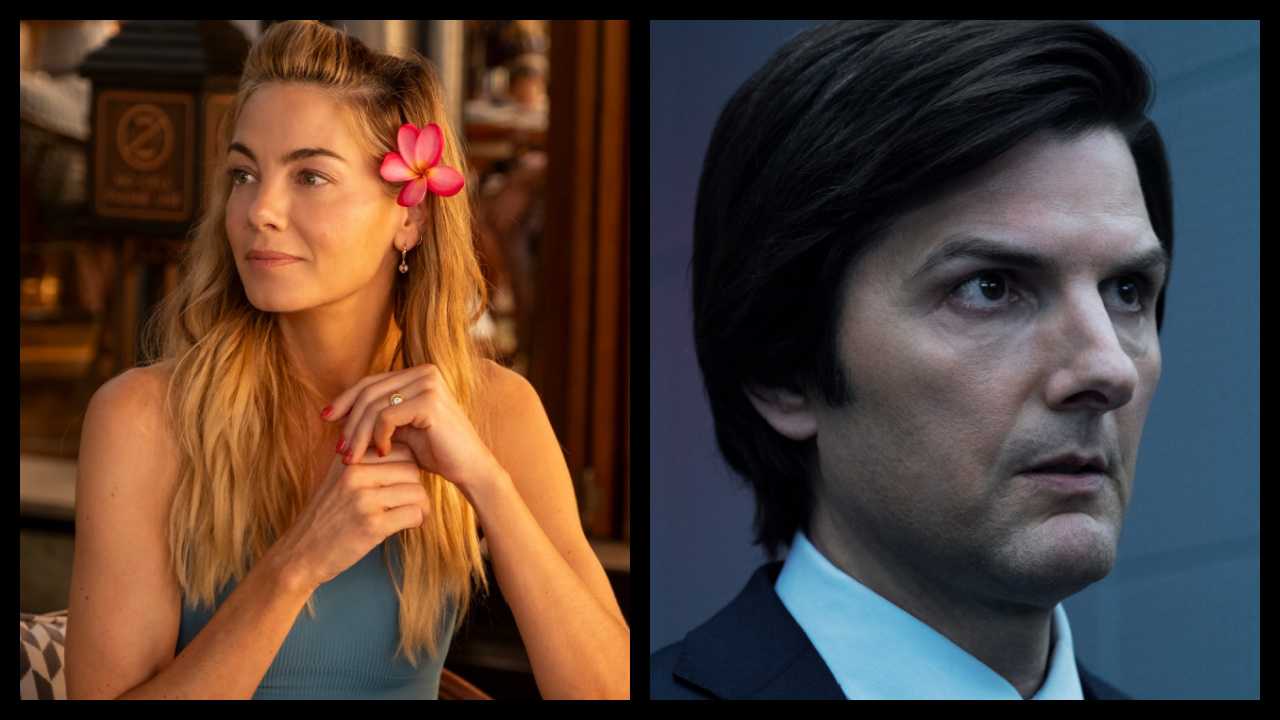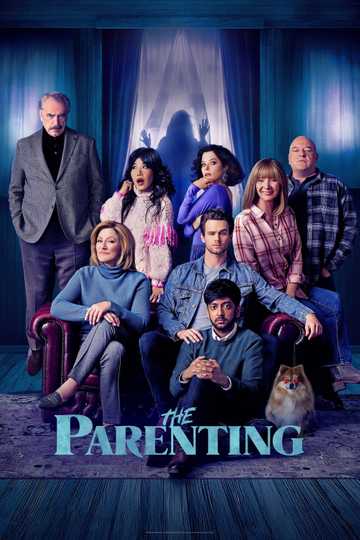5 Things Guaranteed to Be in (Almost) Every Korean Drama TV Series
Time travelers from the 22nd century. Freshly made kimchi as a weapon. Ancient aliens who have lived on earth since 1609 but just happen to look like supermodels. If you've ever watched "Healer," "Everybody, Kimchi!," or "You Who Came from the Stars," you have witnessed these wonders.
No one's saying Korean drama isn't a strange place. In fact, K-drama brings the cray more than just about anything on TV. But because K-drama is also a contradiction -- and a ridiculously watchable one, at that -- it balances its are-you-kidding-me insanity with familiar tropes and plenty of recurring themes. Within all the chaos, these five common factors are more comforting than Umma's famous bulgogi.
1. A Focus on Food
Never watch K-drama on an empty stomach. Food is a huge part of Korean culture, and K-drama's luscious framing makes its eats just as attractive as its stars. On any given episode of any given show, moms comfort their daughters with homemade kimchi; drinking buddies bond at local Korean barbecue dives; hangover stews -- haejangguk, which actually means "soup to chase a hangover" -- simmer the morning after.
Pro tip: "Have you eaten?" is K-drama code for "I have a thing for you." You can see this in action on food-centric series like "Let's Eat!," or bits like the absurdly catchy meat-celebrating, craving-inducing "Beef Song" from "My Girlfriend Is a Nine-Tailed Fox."
2. Conspicuously Common Accidents
If the food has you planning a trip to South Korea, K-drama's love for car accidents as a narrative device might make you change your mind -- these characters can't walk a yard in Seoul without being mowed down by a semi. Why? So your love-struck characters can suffer from some very dramatic amnesia, of course.
Don't believe us? Just check out "49 Days." Or "My Lovable Girl." Or "Spring Waltz." Or "Ice Adonis." Or "Stairway to Heaven." You see where this is going.
3. Epic Soundtracks
Korean drama soundtracks are a huge deal -- it's not uncommon to see them light up the charts. Not only do the shows commission international idols and K-pop groups to lend energy to the romance, sometimes they even create their own bands to do the job -- see the boy band A.N.JELL of (totally fictional) "You're Beautiful" fame. No romantic confession is complete without a poppy love ballad, and no K-drama fan's phone is complete without an A.N.JELL -- or "Beef Song" -- ringtone.
4. Trendy Themes
In the midst of "Mad Men" fever, you couldn't throw Don Draper's empty rocks glass without hitting a '60s-inspired show, from "Masters of Sex" to "Aquarius." Just like American TV shows, K-dramas are definitely not above the imitation game -- they always follow a cyclical calendar of trends. Some years it's time travel, the next it's vampires, and then cross-dressing the year after that. When a series like "Heal Me, Kill Me" -- a show about a man with multiple personality disorder -- hits big, expect to see lots more MPD on your TV.
5. A Hunk of (Slow-Burning) Love
Cosmetically perfect K-drama heroes might be in hospitals, courtrooms, or in the midst of the post-apocalypse, but there will always, always be romance. Doesn't matter if the show is billed as a rom-com, action, or sci-fi series -- love is in the air, period.
And confessing your feelings is a massive deal in K-drama, so much so that it often marks the dramatic climax of the series. When you binge an American show like "Scandal," though, you're used to seeing roller-coaster love stories in which characters will suddenly break up and make up in a snap. In K-drama, the style's a bit different: Instead of an outburst of love, you get a gradual, suspense-dripping buildup of all the feels a lovebird can take, until it finally low-key explodes into in a restrained "I like you a lot," followed by a hug. A hug you've been waiting half the season to see.
Sources



